Spain (Bilbao)
A pioneering virtual rehab platform is combining VR, gaming and motion capture to help make therapy fun.
Virtual reality is proving to be a more effective – and popular – treatment than traditional therapy methods. Remote care is so 2021.
Whether it’s a disease, the result of a stroke or a traumatic injury, patients in need of physical therapy treatment are often faced with obstacles related to accessibility and motivation. Evolv, a medical device manufacturer, has developed a virtual therapy platform to help patients overcome their obstacles. Their EvolvRehab platform combines VR and motion capture with gamified exercises to complement traditional programmes. And it’s fun.
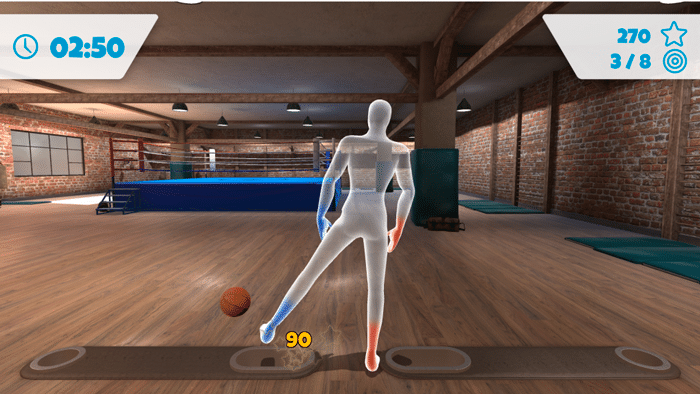
After all, would you be more motivated by your normal neurorehabilitation, orthopedic and geriatric care or by getting involved in something like this?…
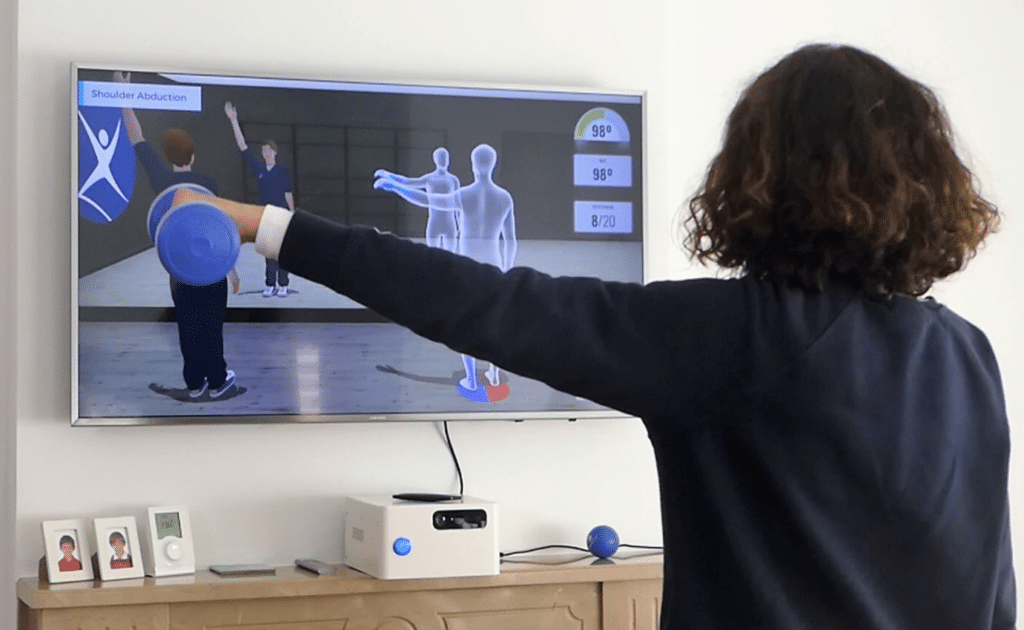
The platform combines VR with games and rehab using Microsoft Azure Kinect DK, a cutting-edge spatial computing developer kit with sophisticated computer vision and speech models and advanced AI sensors.

Microsoft Azure Kinect DK
The software solution incorporates therapeutic exercises in interactive games that can be scaled to each patient’s needs and abilities in a simple manner – and provide the therapist with objective patient performance data.

Microsoft Azure Kinect DK inside EvolvRehab
The camera detects user movements, so there is no need to attach sensors to the patient, enabling a quick setup and easy tear down. “The idea is to help people through video games, but games that can be controlled”, says David Fried, EvolvRehab CEO. “Each patient has games personalised to their own level of ability.”
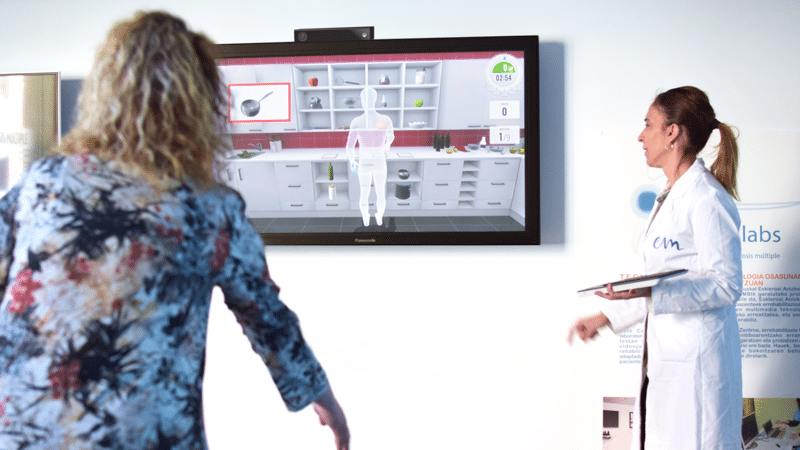
In 2011, Evolv first began developing its virtual rehabilitation platform as a bespoke project for the Bizkaia Multiple Sclerosis Association, a nonprofit rehab centre based in Bilbao, Spain. Their VirtualRehab was the first VR solution to get CE marking clinical validation, in 2014. And EvolvRehab ‘evolved’ from it.
Since, it has been used by thousands of patients in 20 countries around the world and is currently available in five different languages.
After nearly a decade of offering a software-only solution, in 2019, Evolv saw an opportunity for a full software-hardware bundle solution, leading the company to begin designing the EvolvRehab Kit, a compact hardware solution for clinical and telerehabilitation use.
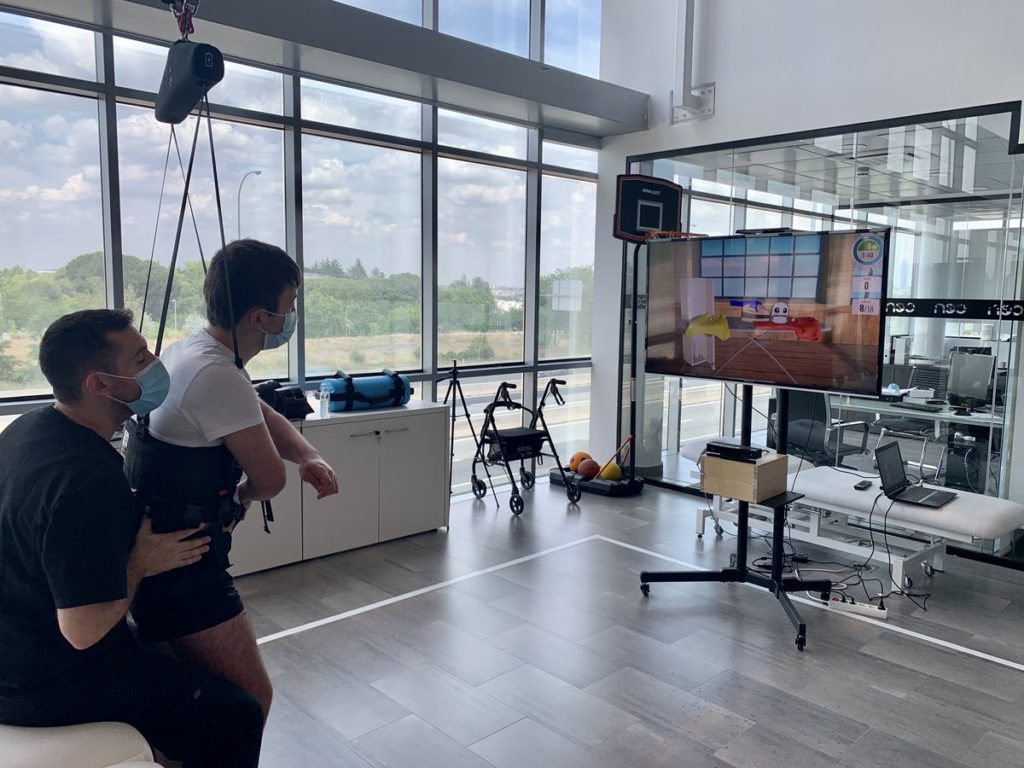
Given the complications of providing rehabilitation in clinical settings during the COVID-19 outbreak, the EvolvRehab service can help deliver remote care to patients anywhere in the world and helps maintain the vital relationship between therapists and patients remotely. The Kit can be used in hospitals and clinics, but also in private homes, making telerehabilitation services more affordable and effective.
In fact, the lockdown has been a huge boost for companies that offer teleservices, and even more so for those that are focused on elder people. “COVID-19 has accelerated everything that has to do with telecare,” David adds.
Patients are no longer required to physically travel to rehabilitation centres. The system can be installed in a patient’s home, providing 24-hour access to personalised rehabilitation programmes. The EvolvRehab Kit has a one-button format, making the device simple to operate, and it requires no technological expertise.
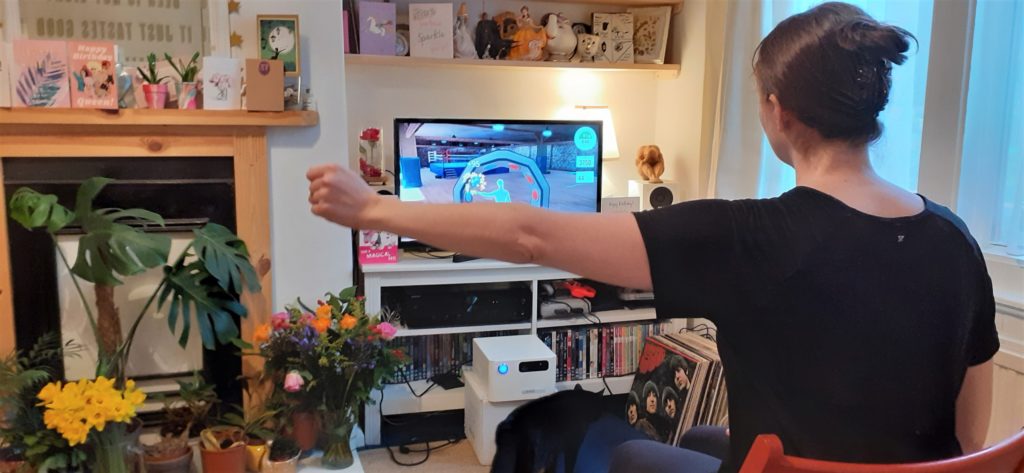
What makes virtual reality therapy so effective is, among other things, that patients are far more motivated. It is a huge change from the past, where everyday tasks would first be introduced several weeks into the rehabilitation process. And it can look a little something like this…
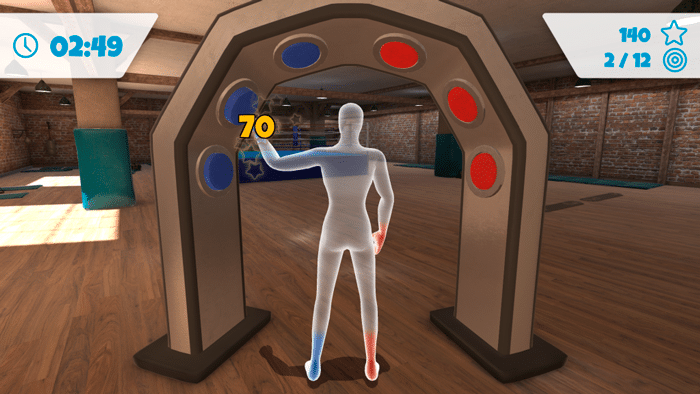
Evolv technology is currently being used with patients who have suffered a stroke in three of the most prestigious hospitals in London, Milan and New York. The National Institute of Health Research is funding a telerehabilitation project using the EvolvRehab Kit with stroke survivors as part of the Brain Injury MedTech Co-operative programme in the UK.
In November 2020, Evolv announced that EvolvRehab was now available in Chinese: “Thanks to the support from partners Healthlink in Hong Kong, we’re now able to offer our pioneering virtual rehabilitation platform to one fifth of the world’s population”.
AtlasAction: If you are interested in purchasing the products, becoming a distributor or working with Evolv in research projects, you can contact them here.
Project leader
David Fried, CEO
Support the Atlas
We want the Atlas of the Future media platform and our event to be available to everybody, everywhere for free – always. Fancy helping us spread stories of hope and optimism to create a better tomorrow? For those able, we'd be grateful for any donation.
- Please support the Atlas here
- Thank you!
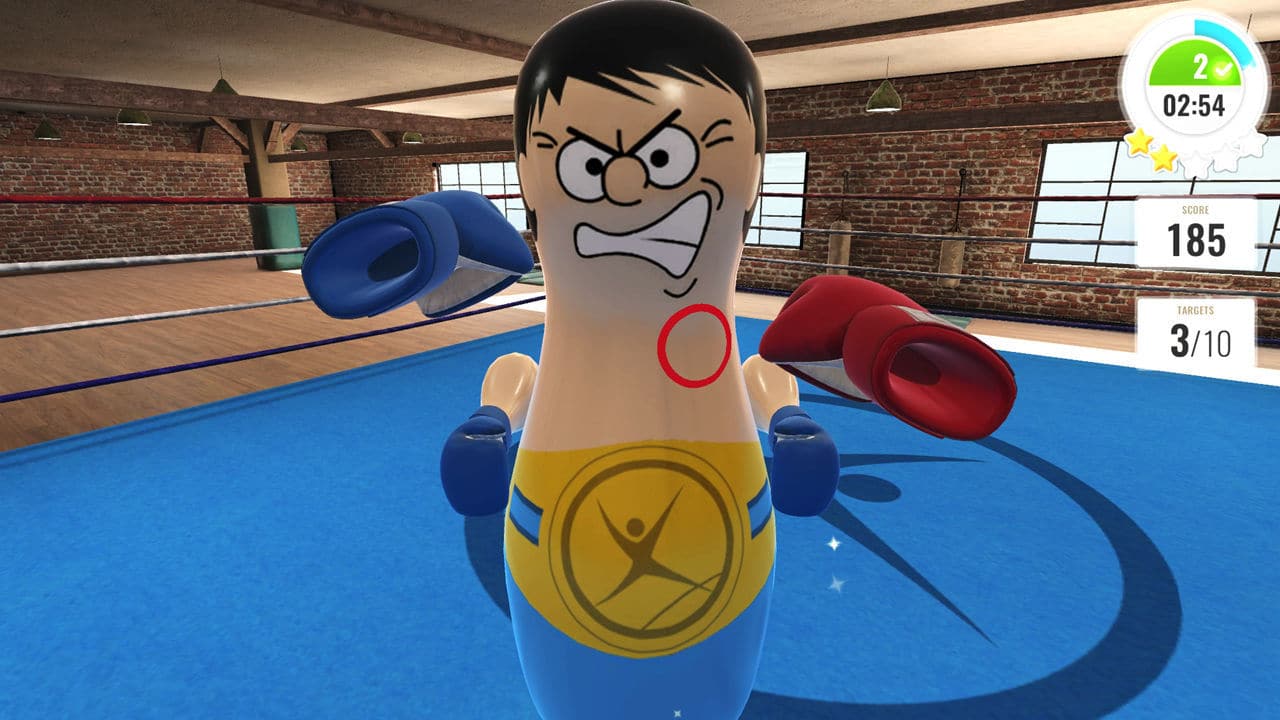
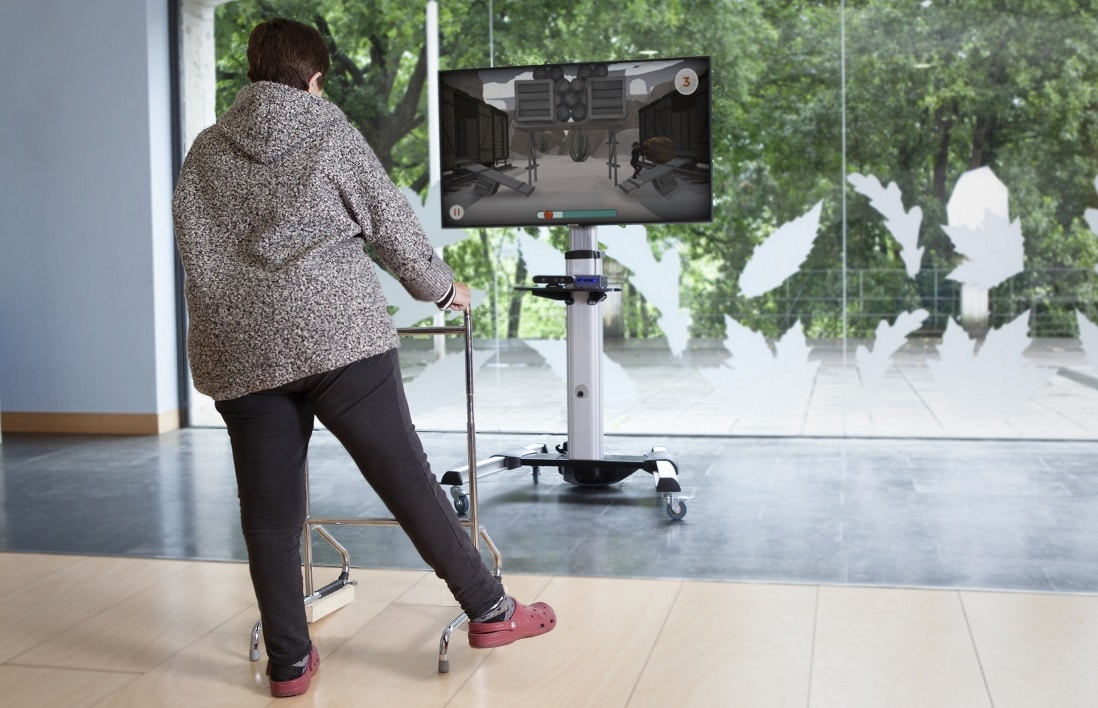
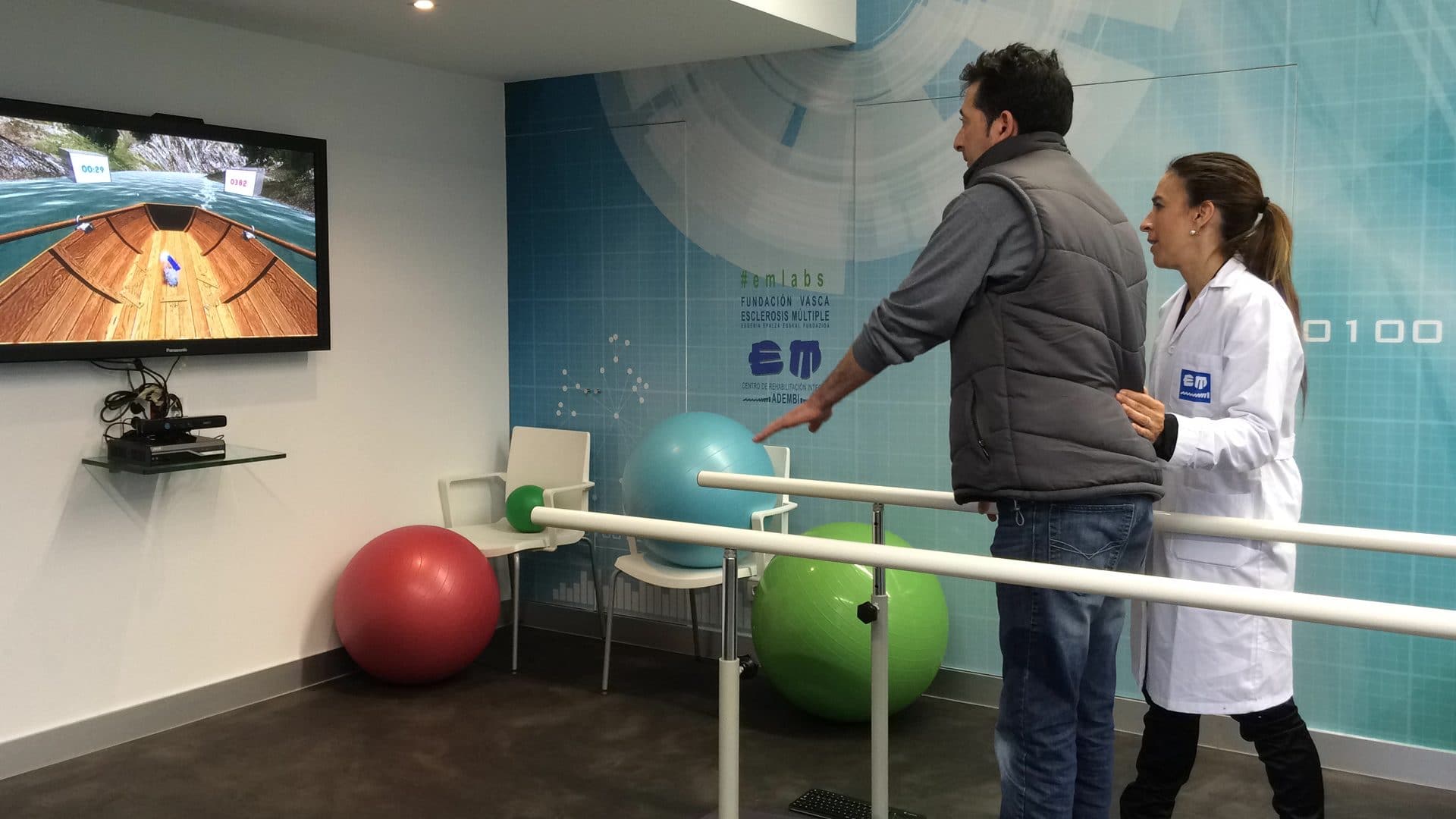
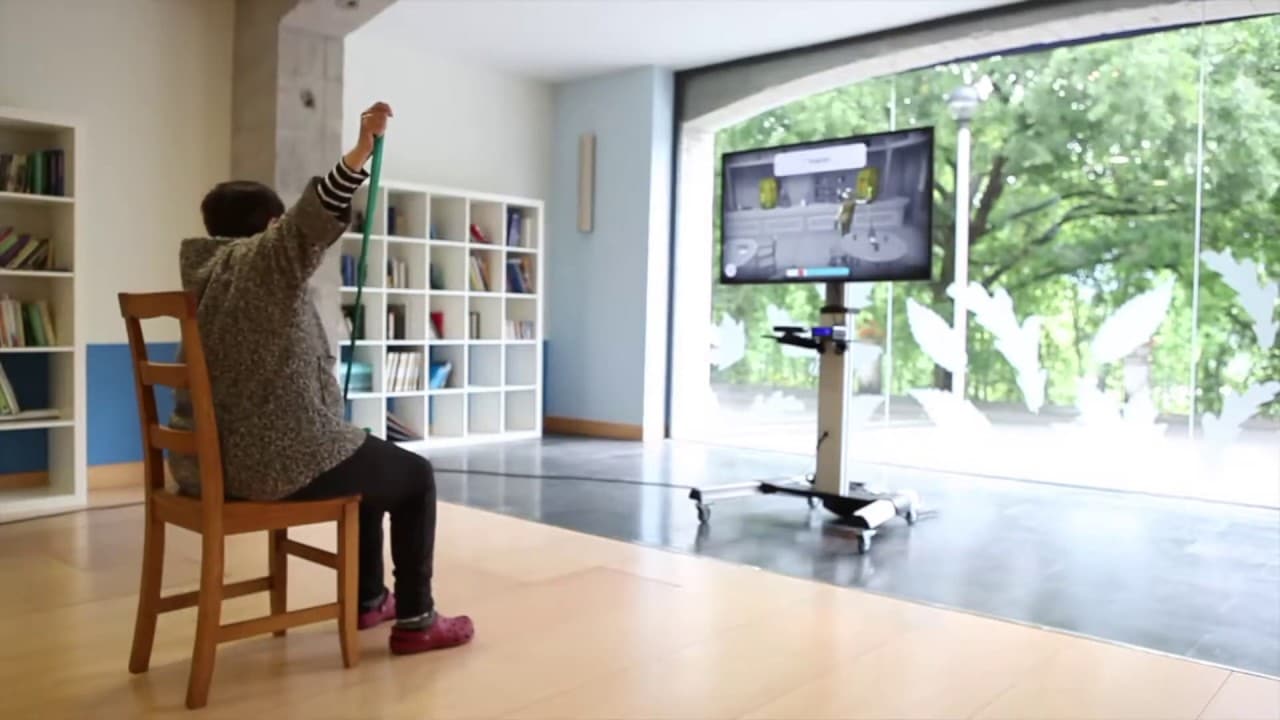

The Evolv team

